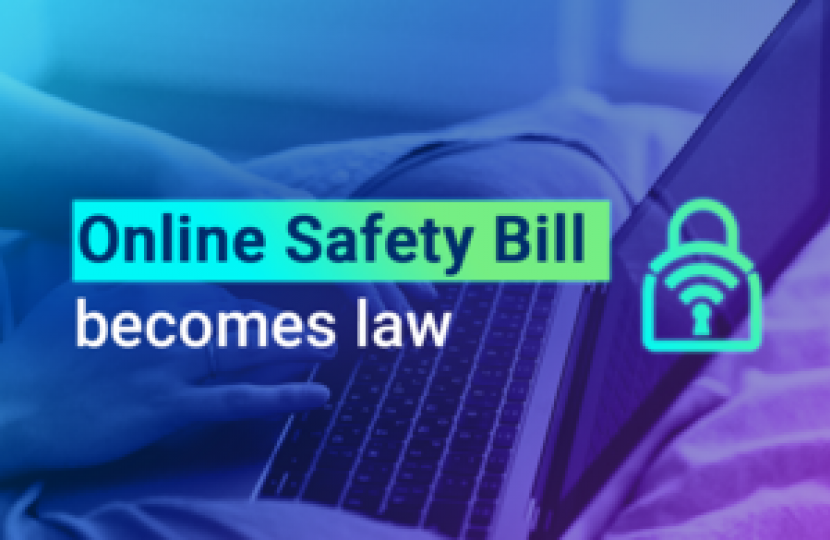
This week's article for the Herald and Post looks back at the last parliamentary session and forward to the King's speech next week...
Last week, the prorogation of Parliament marked the end of the extended 2022-23 parliamentary session.
MPs have a number of different roles, but we are first and foremost legislators. While it is the executive (usually) that proposes legislation and the judiciary that interprets it, it is of course Parliament that actually passes laws, scrutinises what is proposed, and amends it.
This last session we passed 39 Bills. They include laws on energy security, protecting free speech in universities, lifelong learning, protecting seafarers’ wages, improving support for tenants living in unsafe homes, and ensuring minimum service levels during strikes.
Three of the 39 were Bills that I had been closely involved in, and earlier shared in taking through Parliament.
The first of these, the National Security Act 2023, we introduced when I was security minister. It brings together vital new measures to address the evolving threat to our national security. This law makes it harder for states to commit hostile acts against our country, including espionage, interference in our political system and modern manifestations of sabotage, such as in the cyber sphere.
The Economic Crime and Corporate Transparency Act 2023 is designed to crack down on economic crime and dirty money in the UK. A lot of the focus is on minimising ‘back office’ vulnerabilities that could let bad actors exploit the UK’s open economy. Companies House will get enhanced abilities to verify company directors’ identities, remove fraudulent organisations from the register and share information with law enforcement agencies. It also modernises the anti-money-laundering regime to better cover crypto-currencies and similar assets.
Of all the Bills, now Acts, that have just passed Royal Assent, the one that has received the greatest amount of media coverage is the ground-breaking Online Safety Act.
As security minister I had responsibility for parts of the wide-ranging Bill, mainly the provisions concerning online fraud and child abuse. But my involvement with it goes back much further than that.
From talking to children in East Hampshire I knew that issues around the online world are of fundamental importance. When I was at the Department for Education, I found that on a much wider scale.
Technology at its best is a wonderful thing, and opens up many possibilities not available to previous generations. Social media has become a central part of our lives, and helps us stay in touch. But there is also a much darker side.
The new law is designed to take a zero-tolerance approach to protecting children from online harm, while ensuring adults are given active choices over what they see on their screens.
There will be a legal responsibility on the tech companies to prevent and remove illegal material, such as terrorism content and so-called ‘revenge pornography’. They will also have to have systems and processes in place to protect children from harmful material including pornography and material that encourages self-harm and eating disorders.
No piece of legislation, on its own, can solve all problems, but I am truly hopeful for the effect of this law. I will write later in this column on what all of us as technology-users, and parents, can expect of it and the watchdog regime to be put in place.
It has been a busy parliamentary session. As I write this we await next week’s King’s Speech to hear what legislative change the next session will bring.



